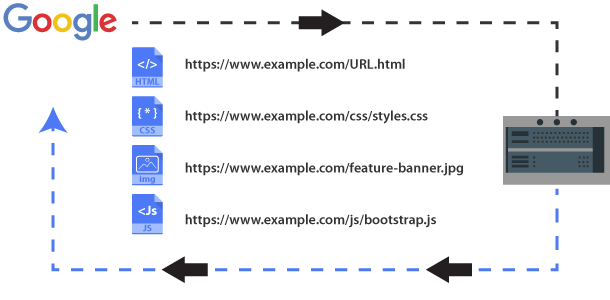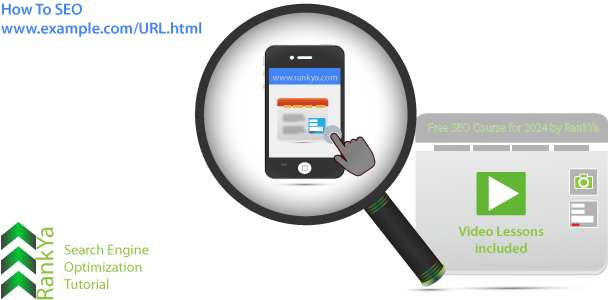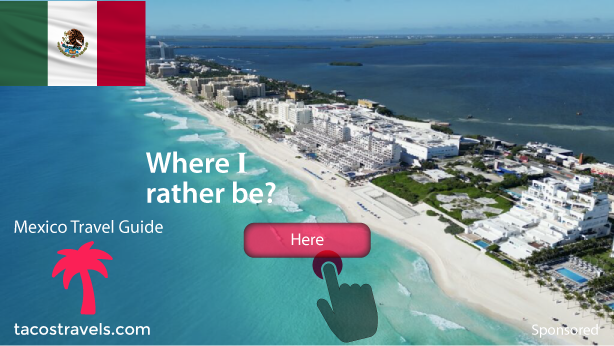URL stands for Uniform Resource Locator. Uniform Resource Identifiers (URIs, aka URLs) are short strings that identify resources in the web (documents, images, downloadable files, services, electronic mailboxes, and other resources). The keyword here is resources.
In terms of search engine optimization for higher Google rankings in 2024, optimizing URL structure using best practices plays an even more significant role because Google’s mobile first index approach and the search engine’s ability to analyze a given web document has drastically improved.
For SEO and top Google rankings URL is not just a web page address, it is the address of any media format and file types indexable by Google.
Video Tutorial Showing How To SEO URL Structure
Understanding URL Fetch Process
Google first requests the URL to get a response from the web server, and if the server response is 200 OK Google begins with analyzing the URL structure.
Analyze this image below to grasp how to approach search engine optimization of URL.

Now that you’ve got a new found knowledge (SEOing a URL is NOT just looking at web page name per se). That means, when you search engine optimize a Uniform Resource Locator, it is not just placing keywords in the URL portion only.
So how do you then optimize URLs for SEO? Well, you first think about the person visiting a particular web page and ask “what words can I use to inform the visitor about the web document and its content?”. Understand that Google algorithms are designed to mimic human experience.
https://www.example.com/blog/how-to-seo/ obviously suggests that the landing page is a guide of sort for search engine optimization.
https://www.example.com/products/black-leather-belt/ obviously suggests that the landing page is a product, and is about a black leather belt.
When naming web pages, include important keywords in the URL part. Furthermore: categorize the entire website URL structure in a meaningful way. As in, branch out keywords whenever possible.
SEO’d URL Examples
https://www.example.com/seo/how-to-seo-tutorial-2024/ notice the additional important keyword
https://www.example.com/seo/shopify-seo-tutorial-for-2024/ notice the additional important keyword
https://www.example.com/products/leather-belts/black-leather-belts/ notice the additional important keyword
https://www.example.com/products/leather-belts/silver-leather-belts/ notice the additional important keyword
RankYa SEO URL Optimization Mastery
https://www.example.com/product-css/main.css notice the use of important keyword in folder structure
https://www.example.com/product-js/main.js notice the use of important keyword in folder structure
https://www.example.com/leather-belt-images/black-leather-belt.jpg notice the important keyword in folder structure and image file name
https://www.example.com/leather-belt-images/silver-leather-belt.png notice the important keyword in folder structure and image file name
Your ability to target keywords and achieve top Google ranking results will depend on understanding website optimization and how Google follows and analyzes links.
Google algorithms fetches a given URL, analyzes the entire HTML Document (whatever is within HTML tag including website scripts, css files, images, meta tags, semantics of web documents, structured data, internal links, outlinks, external links etc. etc.).
Google algorithms combines all the information that it finds for a given website, and then, analyzes everything it has found to determine “is this URL (with all its contents within HTML tag), relevant according to search query?”
When you think of keyword targeting and higher Google rankings, remember, RankYa Search Engine Optimization Mastery techniques. Now that you know that URL optimization must include keyword insertion not just at domain level URLs (e.g. web page naming) but everything else that can be named by you (including folder naming and image file naming for example.).Links to Each Lesson (includes video sessions)



In this how to content, any user who wants to know the exact way of url optimization, Tolga’s article is one of the most practical and step by step process is mentioned. I highly recommend to use this guide in your business site to make SEO friendly URL. I specifically like Tolga’s content for his explanation.
Keep contributing to us.
Thanks
Thank you Ati for the comment. I believe that your goal for 2024 will be accomplished as you seem keen in learning to master SEO. I am happy that #RankYa tutorials are of help, and another good reason to learn from the latest #SEOTrainingCoursebyRankYa is the fact #Google in 2024 will be very different in a sense that website optimization, content for people, mobile usability all will play a critical role in getting higher Google rankings.
Futhermore: there are many so called SEO pexperts online who have no clue as to what it means to optimize a website, or what Google actually wants from website owners.
And as far as Google is concerned, URL is any content addressable on Internet, and, any content indexable by Google For example: image can only be known to Google through its URL
https://www.rankya.com/wp-content/uploads/2024-01/URL-Fetch-Process-illustrated.png
Therefore, when optimized properly, the actualy landing page the image is published on will itself be more meaningful for keyword ranking in Google.
I strongly encourage you to complete (step-by-step) each lesson in this latest Search Engine Optimization Course for 2024 https://www.rankya.com/freeseocourse2024/free-step-by-step-seo-training-course-for-2024/#seocoursevideolessons and you are welcomed to ask questions on each lesson to get even more useful insights. Till then 🙂